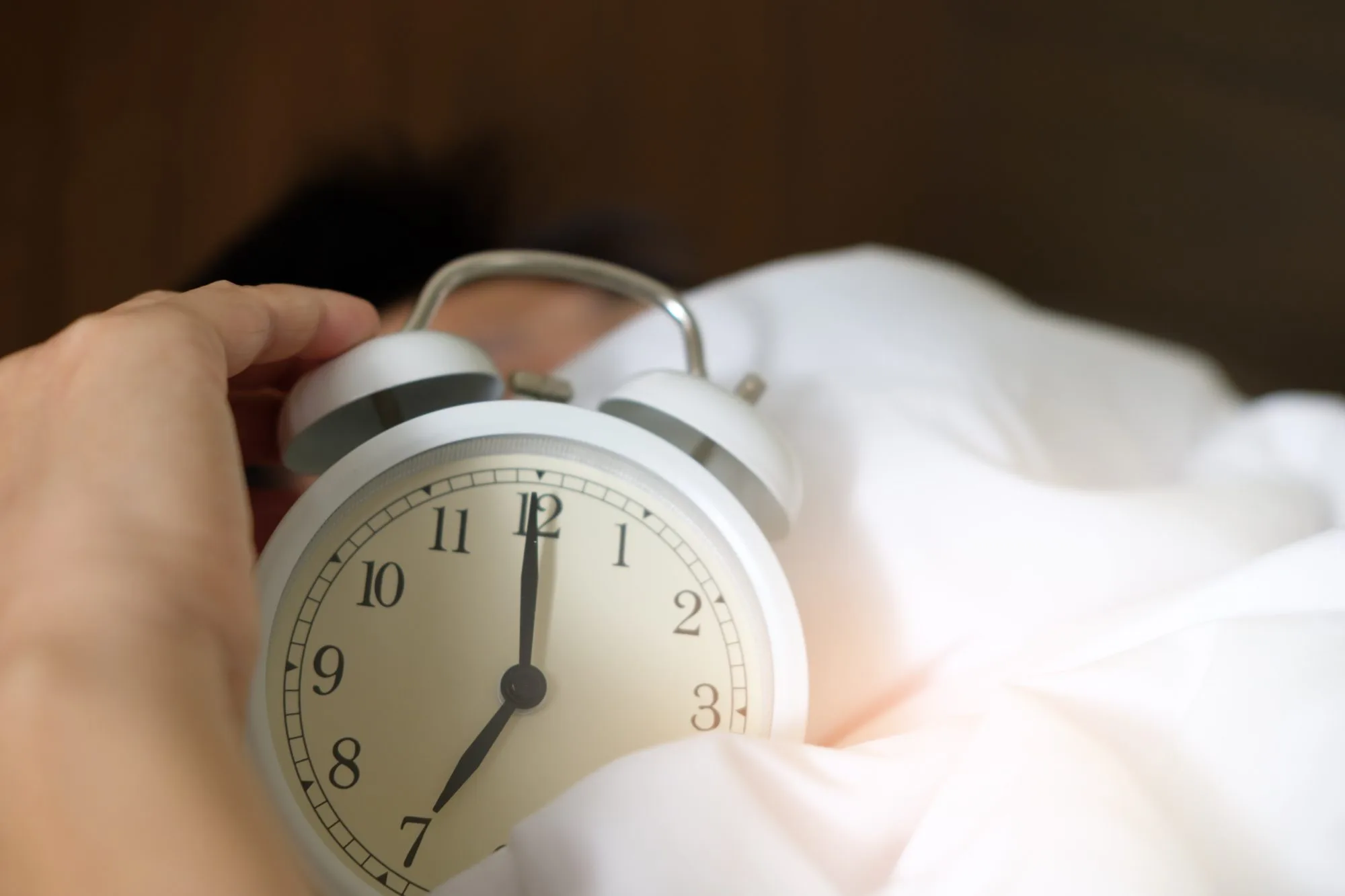We’ve all been there. As soon as the alarm goes off, our first instinct isn’t to get up and start our day. Rather, more times than necessary, our first instinct is to reach out and hit the snooze button just so we can get a few minutes of extra sleep.
Unfortunately, doing so may be quite detrimental to human health. In fact, sleep wellness company, Eve Sleep, published an open letter to Apple – addressing chief executive Tim Cook – urging them to scrap the snooze button from their next iOS update.
Why should you never hit the snooze button?
In the letter, Matt Janes, a neuroscience expert who is supporting the campaign, explained,
“The snooze button can have a detrimental effect on your health, especially your mental health – you’re essentially multiplying the assault on your brain and body each time you press snooze, by repeating the impact on your autonomic nervous system each time you’re awoken.”
He went on to add that this could also affect cardiovascular health.
“When your alarm sounds in the morning, you are torn out of restful sleep. This shock quickly engages your sympathetic nervous system, the fight or flight branch of your autonomic nervous system”.
By using the snooze button, you are effectively causing a fight or flight response in the body. This response increases both your blood pressure and heartbeat. High blood pressure and heartbeat are both contributing factors to cardiovascular disease – the number one cause of mortality worldwide (1).
Additionally, hitting snooze may also encourage the release of an excessive amount of cortisol. Cortisol is known as a stress hormone that helps to regulate blood sugar, metabolism, and inflammation.
“Snoozing is compounding the negative physiological effects on your body, including the release of cortisol which, when prolonged, can create inflammation on a cellular basis,” explained Janes. “This can lead to chronic disease, including depression.”
Additionally, high levels of cortisol can also increase the risk for high blood pressure and loss of cognitive function.
Should the snooze button be removed?
As troubling as the effects of snoozing may sound, sleep expert Neil Stanley does not believe they should be banned.
Speaking to The Sun, Stanley admitted that he didn’t believe it necessary to ban the feature. However, he does believe that technology companies should educate their consumers about the effects of snoozing,
“I think that would be good. People do rely on alarms…and what you can do with phones is set up multiple alarms” he said, “I know people who are setting 10 or 15 snooze alarms at various intervals in order to wake them up. A bit of advice and common sense is not going to do anyone any harm.”
Also, if you’re continuously snoozing your alarm, you might want to evaluate your sleeping habits as it is either an indicator of low sleep quality or a possible sleep disorder.
Becoming a morning person
Perhaps the reason you’re always hitting the snooze button is that you’re simply not a morning person.
Thankfully, there are ways in which you can make your mornings much more bearable – so much so that you’ll even begin to look forward to them. Here are two of our top tips for becoming a morning person.
- Get quality sleep: Poor sleep quality can affect your cardiovascular, digestive and cognitive health. Therefore, it is important to always get quality sleep. This can be done by going to bed early and consuming foods that can improve sleep quality. Find out more about those foods here.
- Make your bedroom more welcoming: Be it shutting out all lights (blue light included) or littering your bedroom with sleep-inducing plants, making your bedroom the perfect sleep environment will help ensure the quality of your sleep, which then reduces the need for a snooze button.
References
https://nextevo.com/blogs/news/cbd-and-cortisol
https://www.thesun.co.uk/tech/8642973/iphone-snooze-button-mental-health-apple/





![women [longevity live]](https://longevitylive.com/wp-content/uploads/2020/01/photo-of-women-walking-down-the-street-1116984-100x100.jpg)









